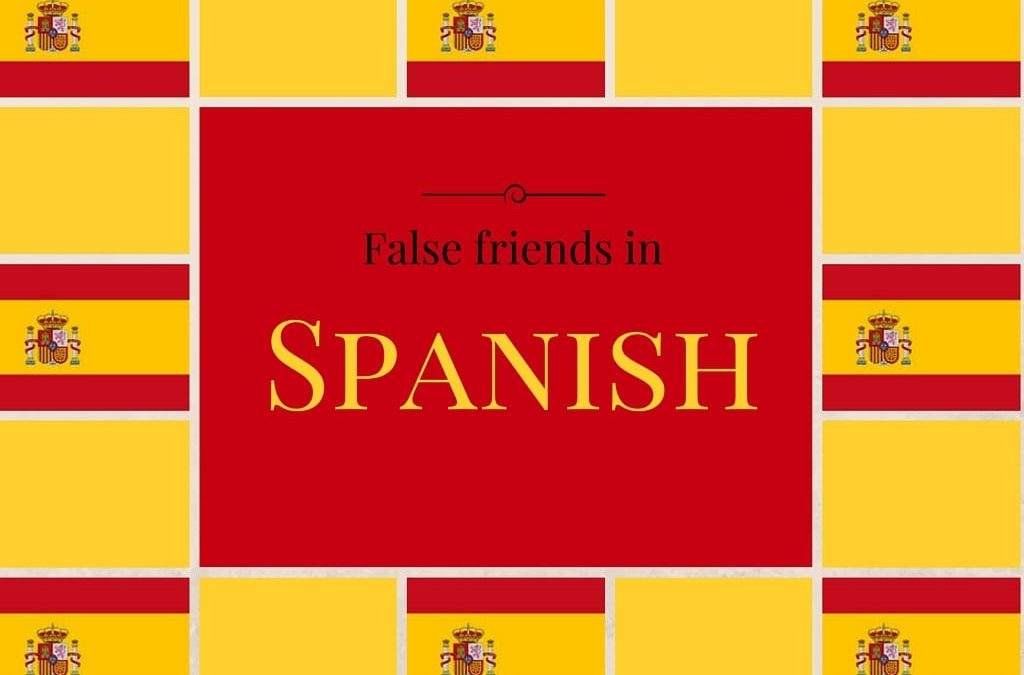
Nov 25, 2022 | Blog, Promotions, Traditions
Black Friday’s origins Black Friday is celebrated all over the world today, but do you know where this “tradition” comes from? Officially claimed to be the busiest shopping day of the year only since 2001, its origins can be traced back to a financial crisis that occurred in 1869. It was not even on the day after Thanksgiving, but on September 24. On that day, two Wall Street financiers bought up as much of the nation’s gold as they could to try to sell it and gain astonishing profits. However, their conspiracy was unraveled, and the stock market went into bankruptcy. What does this have to do with the Black Friday that we all know today? Well, it seems that after a year “in the red”- that means faced with losses – stores finally managed to earn a profit on the day after Thanksgiving. The expression for earning a profit used by Americans is “going into the black”, hence the so famous “Black Friday”. However, there are other stories behind our shopping holiday. One of these goes back to the 1950s. Cops in Philadelphia used the expression Black Friday to describe the chaos of the day after Thanksgiving. Shoppers and tourists flooded the city for the football game held on the Saturday. For this reason, they could not take the day off. By 1961, people unsuccessfully tried to replace the word “black” with “big” to remove the negative connotation. Only in the 1980s retailers used the word “black” to refer to the concept of “going into the black”. The result is this special day when every brand, from the...

Nov 22, 2017 | Blog, Promotions, SEO, Translation
Things you should know (and research about) beforehand Thinking of moving abroad can be scary for most people. To begin with, you don’t really know where to start. Also, you never know what’s coming ahead. Whether you are moving on your own, or for work, being organized and planning is a must to make your experience a good one. You should start by researching the country you are moving to. Keep reading to know our Challenges of Moving Abroad list. Why move abroad I am a Venezuelan-Italian woman. I lived in Venezuela most of my life, although I grew up exposed to the best of both cultures, languages, and traditions. Since I was little, my biggest dream was to live somewhere in Europe. Despite the fact that I grew up thinking of moving abroad, little did I know that moving to Switzerland would change my life so much. I did some research before moving there, but I went without a job or language training, so trying to start a new life in a new place was a real challenge! Things you should consider when moving abroad: Yes, moving abroad makes you feel out of place, without a safe ground, emotionally speaking, for quite a bit. Whether you are living on your own or moving with family or friends, the feeling of being alone accompanies you most of your day. Things get better as you settle. Use your free time to do something useful regarding your stay. Family and friends. Moving abroad means you leave your life, including family and friends, behind. Luckily, you can stay connected with them with all...

Nov 29, 2016 | Blog, Promotions
5 Little-known Places in China Worth Visiting Your first impression of China may be “BIG”: big country, big population and big culture. But did you know that there are hidden places that few people know about to explore? If you are tired of big cities like Beijing, Shanghai, etc., this blog can help you find something new to see in China. 1.Yili Valley, Xinjiang Province No, it is not Provence, France, it’s Yili Valley! Yili is the largest producer of lavender in China and one of the four largest lavender gardens in the world. 2. Pinjiang Road, Suzhou Historically known as Shiquan Li, this street and historic district in Gusu District (formerly the Pingjiang District), is located in northeastern Suzhou, Jiangsu, China. If you are looking for somewhere peaceful to explore classic vintage Chinese style, don’t miss it. 3. Kanas Lake, Xinjiang Kanas Lake is located in a valley in the Altai Mountains, near the very northern tip of Xinjiang and the province’s borders with Kazakhstan, Mongolia, and Russia. There is a large population of ethnic Tuvans and Kazakhs in the Kanas valley. Many of them have maintained their traditional agricultural and nomadic life styles. There is a myth that a big monster lives in the lake. Actually it’s a type of large fish, 10 – 15 metres long and weighing over 4 tonnes. china 4. The Old Town of Lijiangh, Yunnan Lijiangh has a history going back more than 1,000 years and was once an enclave for trade along the “Old Tea Horse Caravan Trail”. Still today there are many tea shops and native handcrafts....

Nov 24, 2016 | Blog, Promotions
Language Through Culture´s Eyes Idioms: How do they portray culture? For those of you who are interested not only in languages but also in culture, we bring you the fascinating topic of Idioms. According to the Merriam-Webster dictionary, an idiom is an expression that cannot be understood from the meanings of its separate words but that has a separate meaning of its own. In other words, idioms are composed of words that should not be taken literally. Idioms are phrases or expressions that help people communicate their thoughts and feelings in a different way from what they do with everyday words and phrases. To understand idioms you have to know the culture that is behind them, or at least their origin. We can say that understanding idioms is like being “in over one’s head”, meaning it is something difficult to do. Do you get it? Xiao Geng, in his 2009 paper An Analysis of the Cultural Phenomena explains: Idioms reflect the environment, life, history and culture of the native speakers, closely associated with their innermost spirit and feelings. Idioms have so close relationship with historical background, economy, geographical environment, custom, etc. of the nation concerned that they more typically represent the cultural characteristics of a language than words. As you can see, the use of idioms brings cultural aspects to the language. When learning or improving a new language, idioms help you understand the culture behind the words. If you understand the context of use well, then you will be closer to speaking the language fluidly. For example, if you travel to Venezuela you will get to know the...

Jun 24, 2016 | Blog, Promotions, Translation, Translation News
Special Summer Offer Dear readers, Celebrate Canada Day with us! We have a special offer for you! July orders over $300 get a $100 credit* on the following translation project. Mention coupon code: 300-100JUL in our Get a free quote form. Redeem your credit by July 4th. Get it translated NOW and enjoy your long weekend! *Terms: Customers who place an order over $300 (plus tax) by July 4th, 2016, will receive a $100 in-store credit on their following language project provided the new order is placed by August 31st,...

Jun 22, 2016 | Blog, Promotions, Translation
The most common Spanish false friends Dear readers, have you ever heard of the so called “false friends”? They are words that have the same or similar spelling as words in a different language, but mean something completely different. In this blog post, we will introduce you to some false friends in Spanish. You will never put your foot in your mouth again! First example of Spanish false friends: exito If your Spanish classmate wishes you a lot of “exits” for your upcoming exam, don’t get irritated. The Spanish word “exito” means “success” and is often mistaken with the English word exit. Second example of Spanish false friends: embarazo Spanish people might wish you all the best for your pregnancy as: “Congrats on your embarrassment!” Uhm, okay? You should not be embarrassed because you are pregnant. The Spanish words “embarazo” (pregnancy) and “embarazada” (pregnant) sound like embarrassment. People sometimes mistake those words so don’t worry if the congratulations on your pregnancy might sound weird. Third example: constipado A Spanish guy tells his doctor that he is really constipated and he can’t breathe! Well dear doctor… “constipado” is a common cold in Spanish and doesn’t mean constipation. Fourth example: molestar Yes, this one is tricky. Your Spanish friend might tell you that her boss or colleague molested her. No, don’t call the police! “Molestar” means “to bother someone”. Your friend is actually just annoyed with her colleagues. Fifth : casualidad “Hey, I saw your brother at the train station yesterday!” “Oh, really? What a casualty!” What? Don’t worry, no one died at the train station. Your...






















